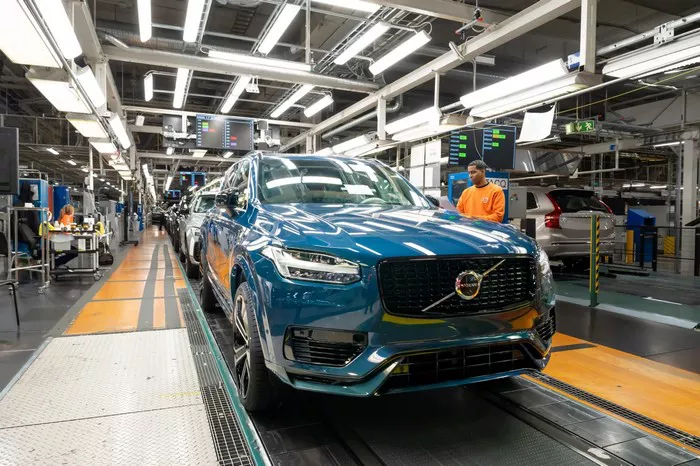Sweden-based automaker Volvo Cars has announced plans to reduce its workforce by approximately 3,000 jobs, primarily affecting office-based roles in Sweden. This reduction accounts for around 15% of the company’s white-collar employees.
The move follows Volvo’s recently unveiled 18 billion Swedish kronor ($1.9 billion) cost-cutting “action plan,” aimed at strengthening the company amid a challenging global automotive environment. Factors such as U.S. tariffs on imported vehicles, rising material costs, and sluggish sales in Europe have pressured the industry.
Volvo CEO Håkan Samuelsson described the layoffs as “difficult decisions” but necessary to build a more resilient company. The firm reported an 11% drop in global sales for April compared to the previous year.
Volvo, owned by Chinese conglomerate Geely Holding since 2010, maintains headquarters and development operations in Gothenburg, Sweden, with major production sites across Sweden, Belgium, China, and the U.S. In 2021, the company pledged to shift entirely to electric vehicles by 2030 but has since scaled back this ambition due to market uncertainties, including new tariffs on EVs.
The broader automotive sector is also feeling the strain. Japanese manufacturer Nissan recently announced plans to cut 11,000 jobs globally and close seven factories in response to weak sales, particularly in China and the U.S. This latest round of layoffs brings Nissan’s total workforce reduction over the past year to about 20,000 employees, or 15% of its staff.
Meanwhile, competition in the electric vehicle market intensifies. Chinese EV giant BYD recently slashed prices on more than 20 models, dropping the cost of its entry-level Seagull EV to 55,800 yuan ($7,745). This triggered similar price cuts from Chinese rivals Changan and Leapmotor, with shares in Chinese automakers falling sharply after the announcements.
Notably, BYD surpassed Tesla in European sales for the first time in April, according to industry analyst Jato Dynamics.
Related topics:

